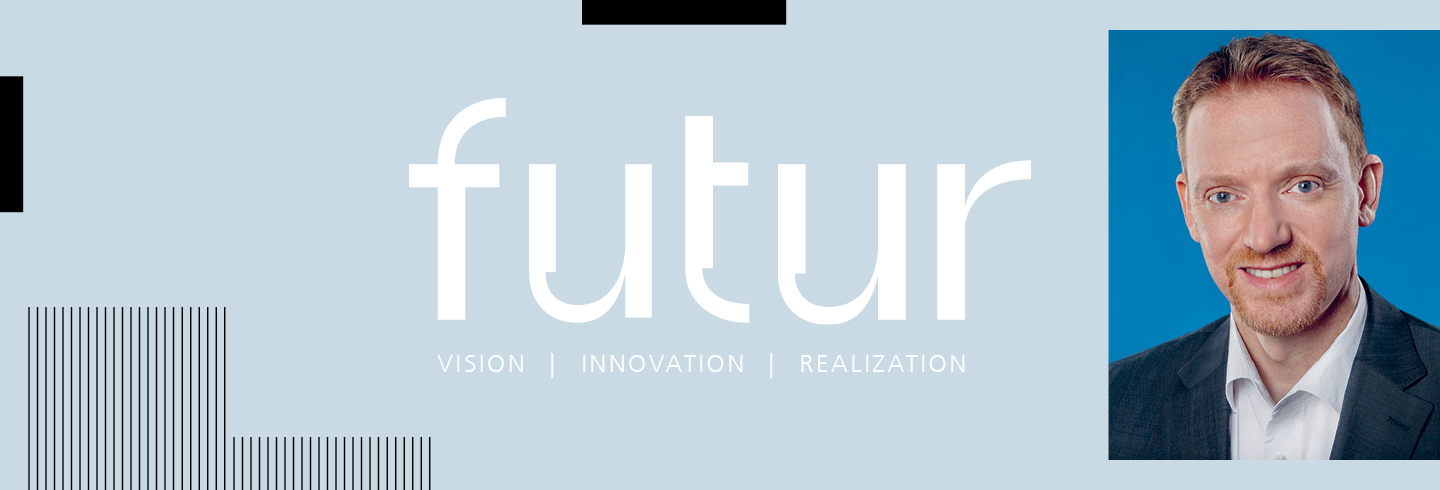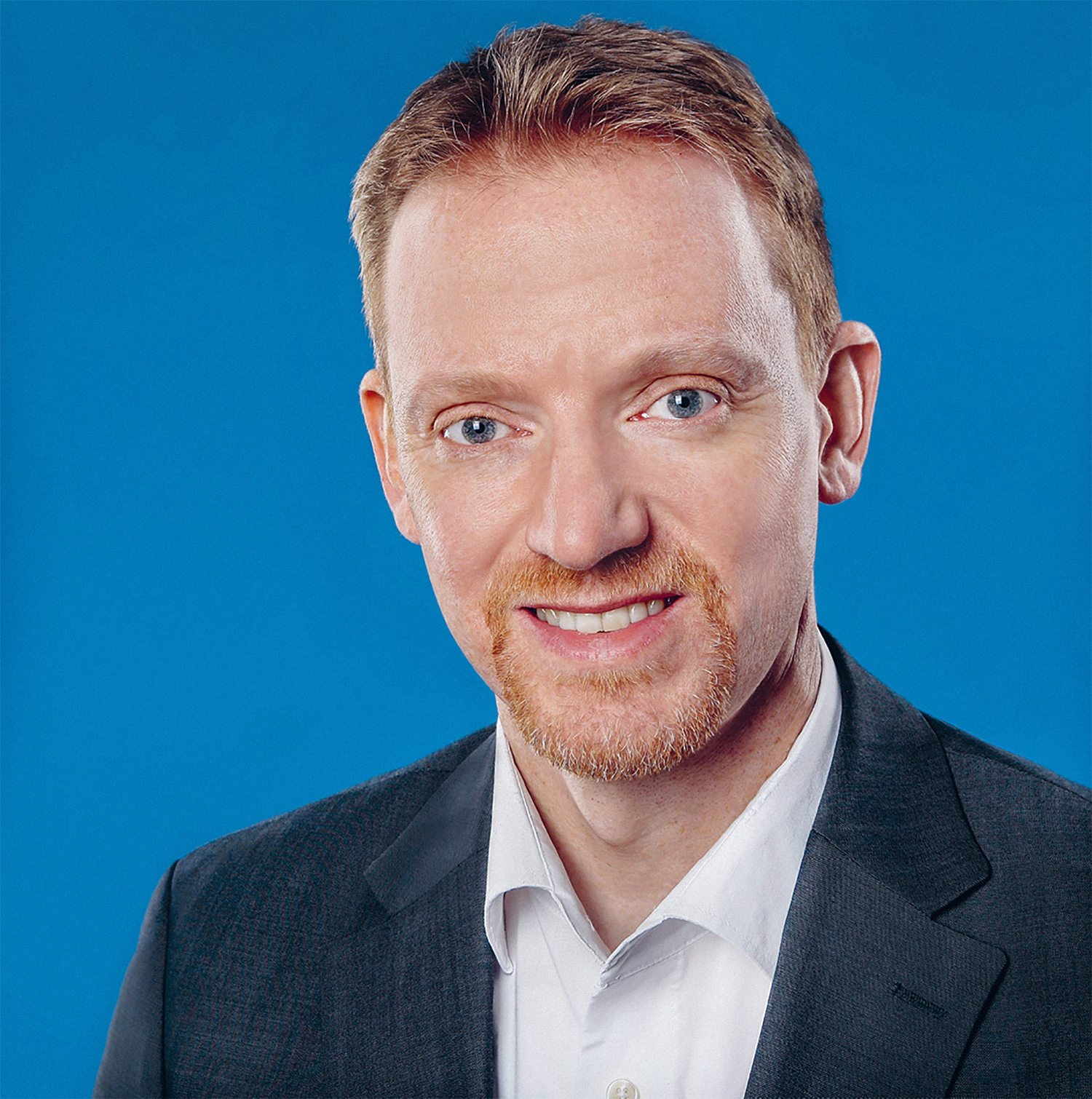A guest article by Dr. Mark Krieg, Bosch Rexroth AG
»There is reason to hope that we have passed the low point in terms of orders, even if we will still see negative rates compared with the previous year for some time to come,« said VDMA Chief Economist Dr. Ralph Wiechers at the beginning of September when speaking about incoming orders in the German mechanical and equipment engineering industry. Current figures at Bosch Rexroth Industrial Hydraulics do not yet corroborate this statement, but they certainly give cause for optimism for a supplier to the mechanical and plant engineering industry.
The corona crisis has led to a sharp drop in sales and incoming orders at Bosch Rexroth. It has also shown, however, that mobile working arrangements function better than expected and that flexible working hours and short-time work hours are well suited to weathering such hopefully temporary and unexpected crises. We will continue to have to adapt to challenges such as global competitive and cost pressure, trade barriers, or technological change, not only in the automotive industry – and we will have to do so in the long term. To have a strategy for this based on the principle of hope would be negligent. In the development of Bosch Rexroth Industrial Hydraulics, we are therefore pursuing three focal points.
- Local for Local
This includes not only the localization of our production and supplier networks but also the development of products tailored to local market requirements. - Modular Systems
Developing products in modular systems in order to be able to react quickly to the individual and ever more rapidly changing needs of customers without increasing complexity in production and purchasing. - Digitalization
Creating digital added value for our customers along the product lifecycle and optimizing our own production with the help of reasonable data management.
Productivity increases are possible at various stages of the product lifecycle, starting with machine design and construction. At Bosch Rexroth, we already support our customers in the selection and configuration of our hydraulic systems.
We are currently working on seamlessly integrating both static and dynamic models of our products and systems into common software tools and engineering suites. It is a great advantage if the designer has direct access to hydraulic components in their familiar engineering suite and can easily integrate them into their circuit diagram, fluid diagram, mechanical design, or even 1D dynamic models for pre-simulation. Depending on the level of detail, such digital twins of both components and systems enable various forms of added value along the lifecycle, for example the virtual commissioning of machines. Because once the product has been configured and commissioned in the virtual space, nothing stands in the way of »plug and produce« in reality. Along with product commissioning, the transition from the OEM, i.e. the machine and equipment manufacturer to the machine operator, the end customer takes place.
The customer’s ultimate focus is on the efficient use of a machine in production. We can also offer added value for this. For example, digital on-board electronics with access via standardized communication interfaces such as IO-Link, various industrial Ethernet fieldbuses, Bluetooth, and in future also via OPC UA make it possible to react better to disturbances. In the event of material or mold changes, such as in plastic injection molding, control parameters can be adapted during operation, or new parameters defined and tested with the aid of a digital twin can be transferred to the machine. Non-productive times are thus reduced. Digital condition monitoring and predictive maintenance also offer added value for the end customer by creating the prerequisites for avoiding unplanned downtimes. If a spare part is required, it can be preconfigured and procured in good time.
 Fraunhofer Institute for Production Systems and Design Technology
Fraunhofer Institute for Production Systems and Design Technology
